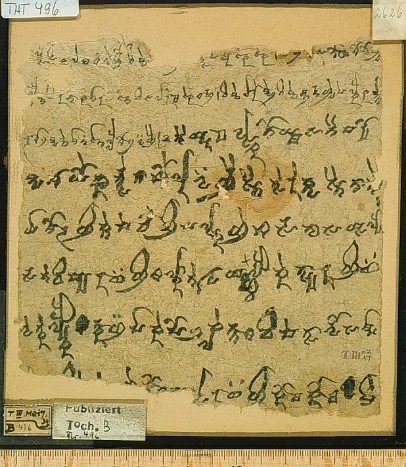The (alleged) untranslatability of Chinese poetry
Review:
"Poems Without an ‘I’", by Madeleine Thien
NYRB October 8, 2020 Issue
The Banished Immortal: A Life of Li Bai (Li Po)
by Ha Jin
Pantheon, 301 pp.
The Selected Poems of Tu Fu: Expanded and Newly Translated
by David Hinton
New Directions, 267 pp.
Awakened Cosmos: The Mind of Classical Chinese Poetry
by David Hinton
Shambhala, 138 pp.
I have never been a fan of the view that Chinese poetry is untranslatable, or that any other genres of Chinese literature, for that matter, are untranslatable. Since I have done a huge amount of translation in my lifetime, if I accepted the notion that Chinese literature is untranslatable, I would long ago have made a gigantic fool of myself. Quite the contrary, I am content with my accomplishments in translating all sorts of Chinese literature into English, and I believe that what I have done enriches the intellectual life of Americans and other speakers of English by making available to them an equivalent emotional and esthetic experience as that afforded to Chinese readers of the works in their original language.
Read the rest of this entry »
